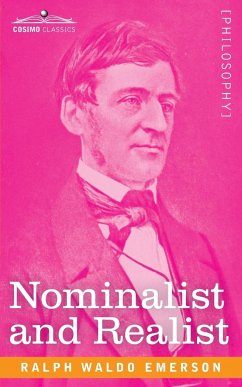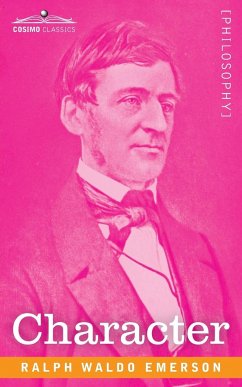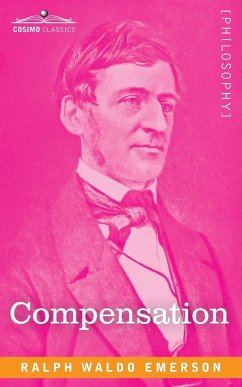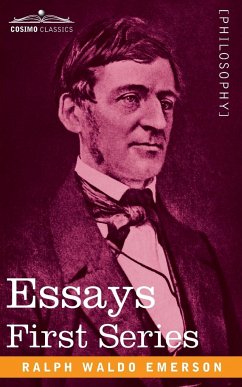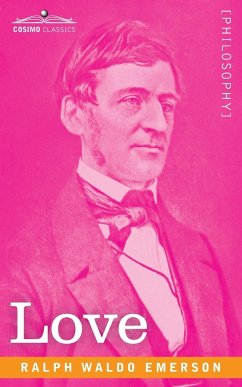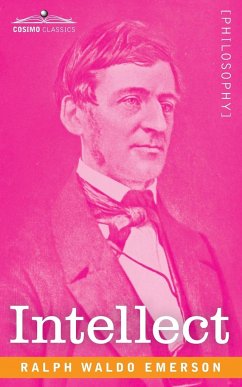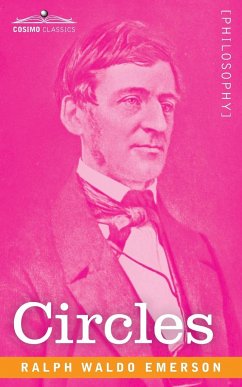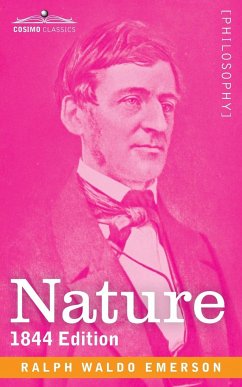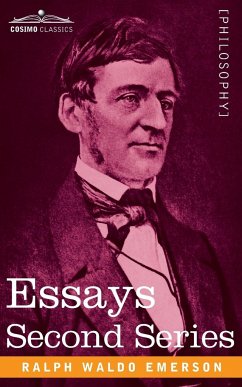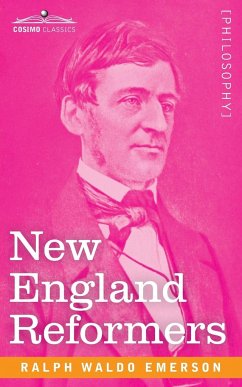
New England Reformers
Versandkostenfrei!
Versandfertig in 1-2 Wochen
9,49 €
inkl. MwSt.

PAYBACK Punkte
5 °P sammeln!
"Every project in the history of reform, no matter how violent and surprising, is good, when it is the dictate of a man's genius and constitution, but very dull and suspicious when adopted from another." -Ralph Waldo Emerson, New England Reformers New England Reformers (1844), by Ralph Waldo Emerson, is a lecture the author delivered to the American Anti-Slavery Society, led by William Lloyd Garrison. In it, Emerson offered an explanation of his refusal to join utopian movements, arguing that he could not support any organization unequivocally if it elevated the well-being of society at the ex...
"Every project in the history of reform, no matter how violent and surprising, is good, when it is the dictate of a man's genius and constitution, but very dull and suspicious when adopted from another." -Ralph Waldo Emerson, New England Reformers New England Reformers (1844), by Ralph Waldo Emerson, is a lecture the author delivered to the American Anti-Slavery Society, led by William Lloyd Garrison. In it, Emerson offered an explanation of his refusal to join utopian movements, arguing that he could not support any organization unequivocally if it elevated the well-being of society at the expense of the development and perfection of the individual.





